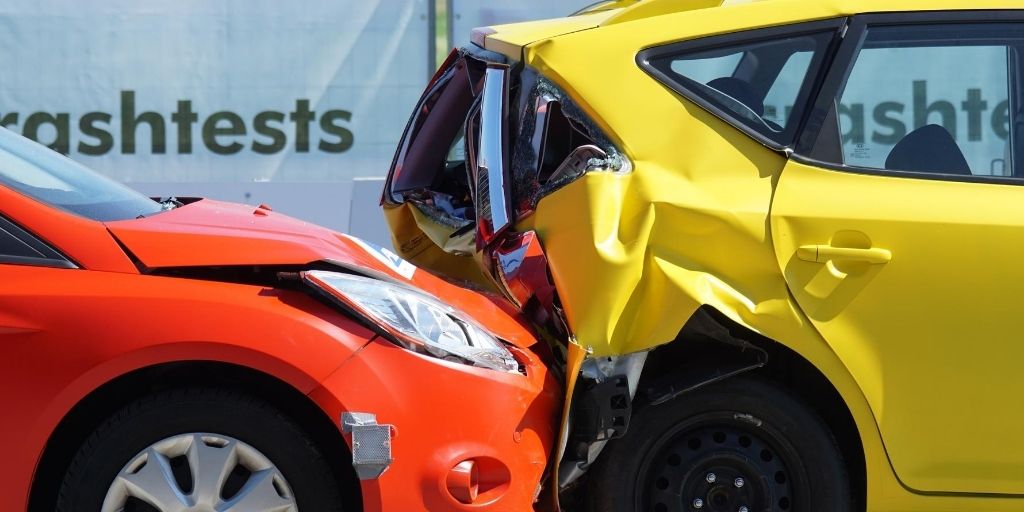
10 Auto Insurance Myths Busted
Color Matters
One of the most common myths about car insurance is that the color of your car does count. People often associate red cars with speed and aggression, but red does not mean they have to pay more. Car insurance companies evaluate your premium based on more important criteria such as your age, gender, model and brand of your car, year, body style, engine capacity, parking style (street, entrance or closed garage), etc.
Credit Scores Don’t Matter
Credit scores are identified as your personal ways of handling finances. It’s an overview of how well you can manage your expenses within your income. It could be the main indicator to buy, renew or change an insurance policy. About 90% of insurance companies in the United States consider credit scores to evaluate the premium.
Auto Insurance Covers Whatever Is Inside The Car
Your insurance does not cover any personal valuables that you may have left and lost in your car during an accident. If you had lost valuables such as laptops and other devices, you may be able to request losses through your landlord or tenant’s policy, but you cannot claim it through your car insurance.
Minimum Auto Liability Is More Than Enough
State laws require minimal liability coverage. However, that is insufficient to cover you during an accident. In case of an accident, you may have to pay a large amount all by yourself. It is always better to obtain an additional and optional car insurance policy. It is recommended that you obtain a minimum of $ 30,000 per accident and $ 10,000 of protection against bodily injury per person.
Personal Auto Insurance Covers Business Too
It may come as a surprise, but if you work on your own, your personal insurance will not cover any accidents while you are in business. In that case, commercial auto insurance is the best option you have, but it is better to make sure you have a good driving record. If you lend your car to employees, make sure they also have a good driving record.
Auto Insurance Will Pay Off The Complete Losses Of Your Car
If you believe that your car insurance will cover the complete loss of your car in an accident, you are wrong. If your car is irreparably damaged or destroyed in disasters, your insurance will cover only a fair market value of your car. The fair market value is the original cost of your car after deducting depreciation charges. In most cases, this value would be less than the amount of your car loan, and you will have to bear the difference.
Older Drivers Pay More Insurance Premium
It’s usually the other way around. Older drivers get discounted premiums based on the results of their safe driving course. However, these discounts vary by driver’s state and lifestyle, such as retirement or unemployment. Before buying insurance, it is better to check with your company and take advantage of these discounts if you qualify.
Friends Driving Your Car Will Handle Insurance
Even if it was your friend who was driving your car at the time of the accident, your insurance company will hold you responsible for the damage to your car. The senior director of personal lines of the Association of Property Accident Insurers of America, Bob Passmore, says: “Your insurance will cover any permissive user of your vehicle. If you give the keys to someone, you have given your insurance.”
Insurance Companies May Cancel On You Anytime
Insurance companies prefer to keep you than to cancel your insurance. They need a valid reason to cancel your insurance and would also have to notify you in writing well in advance of the cancellation date. In most cases, you will also receive guidance on how to renew your insurance or buy a new one.
Auto Insurance Covers Them All
Auto insurance does not cover all accidents under the sky. Your regular car insurance does not cover certain accidents such as theft, vandalism, damage caused by falling trees, hail, floods, fires, etc. To get coverage for such accidents, you must purchase the optional comprehensive and collision coverage. But these are additional insurances, and most people who drive old cars do not buy them to save on costs. For example, if a car has a value of $ 1000 or less than ten times the premium, it makes no sense to buy the optional coverages. But if you drive a relatively new car and want to get coverage for all types of damage, you must buy both comprehensive and collision coverage.



